Dihydrokawain
Synonym(s):(6S)-5,6-Dihydro-4-methoxy-6-(2-phenylethyl)-2H-pyran-2-one;7,8-Dihydrokawain;Dihydrokavain;Marindinin
- CAS NO.:587-63-3
- Empirical Formula: C14H16O3
- Molecular Weight: 232.27
- MDL number: MFCD01694032
- SAFETY DATA SHEET (SDS)
- Update Date: 2024-11-19 23:02:33
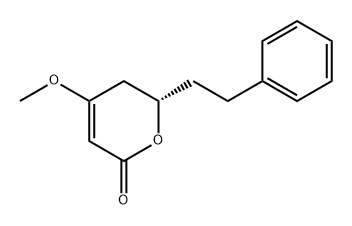
What is Dihydrokawain?
Chemical properties
White-pale yellow powder, soluble in methanol, ethanol, DMSO and other organic solvents, derived from the rhizome of kava-kava (Piper methysticum G. Forst).
The Uses of Dihydrokawain
(+)-(S)-Dihydrokavain is a kavalactone found in kava beverages consumed by South Pacific islanders. Furthermore, roots and extracts of the kava plant have been used in herbal medicine to treat sleep disturbances, as well as stress and anxiety.
What are the applications of Application
7,8-Dihydrokawain is a compound that displays neuroprotective and antinociceptive activity
Definition
ChEBI: Dihydrokavain is a member of 2-pyranones and an aromatic ether.
What are the applications of Application
Dihydrokavain is one of the six major kavalactones found in the kava plant; appears to contribute significantly to the anxiolytic effects of kava, based on a study in chicks.Used in herbal medicine to treat sleep disturbances, as well as stress and anxiety.
Preparation
Starting from 2,3-O-isopropylidene-D-glyceraldehyde (2) as chiral material, the naturally occurring (S)-(+)-dihydrokavain (1a) was synthesized by a procedure that involves a sonochemical Blaise reaction as the key step. The absolute configuration of (S)-(+)-dihydrokavain (1a) is demonstrated for the first time by total synthesis from a chiral source. Its opposite enantiomer, (R)-(–)-dihydrokavain (1b), was also synthesized after inversion of the chiral center in a Mitsunobu reaction.
A Total Synthesis of (+)- and (–)-Dihydrokavain with a Sonochemical Blaise Reaction as the Key Step
Properties of Dihydrokawain
| Melting point: | 58-60° |
| Boiling point: | 314.44°C (rough estimate) |
| alpha | D24 +31° (methanol) |
| Density | 1.1649 (rough estimate) |
| refractive index | 1.5557 (estimate) |
| storage temp. | 2-8°C |
| solubility | DMF:25.0(Max Conc. mg/mL);107.62(Max Conc. mM) DMSO:25.0(Max Conc. mg/mL);107.62(Max Conc. mM) Ethanol:5.0(Max Conc. mg/mL);21.52(Max Conc. mM) |
| form | Solid |
| form | neat |
| color | White to off-white |
| optical activity | [α]/D 29±2°, c = 0.5 in methanol |
| BRN | 15362 |
Safety information for Dihydrokawain
| Signal word | Warning |
| Pictogram(s) |
 Exclamation Mark Irritant GHS07 |
| GHS Hazard Statements |
H302:Acute toxicity,oral |
| Precautionary Statement Codes |
P264:Wash hands thoroughly after handling. P264:Wash skin thouroughly after handling. P270:Do not eat, drink or smoke when using this product. P501:Dispose of contents/container to..… |
Computed Descriptors for Dihydrokawain
| InChIKey | VOOYTQRREPYRIW-LBPRGKRZSA-N |
New Products
4-Fluorophenylacetic acid 4-Methylphenylacetic acid N-Boc-D-alaninol N-BOC-D/L-ALANINOL Tert-butyl bis(2-chloroethyl)carbamate 3-Morpholino-1-(4-nitrophenyl)-5,6-dihydropyridin- 2(1H)-one Furan-2,5-Dicarboxylic Acid Tropic acid S-2-CHLORO PROPIONIC ACID ETHYL ISOCYANOACETATE 2-Bromo-1,3-Bis(Dimethylamino)Trimethinium Hexafluorophosphate (6-METHYL-[1,3]DITHIOLO[4,5-b]QUINOXALIN-2-ONE INDAZOLE-3-CARBOXYLIC ACID 4-IODO BENZOIC ACID (2-Hydroxyphenyl)acetonitrile 4-Bromopyrazole 5,6-Dimethoxyindanone 2-(Cyanocyclohexyl)acetic acid 4-methoxy-3,5-dinitropyridine 2-aminopropyl benzoate hydrochloride 1-(4-(aminomethyl)benzyl)urea hydrochloride diethyl 2-(2-((tertbutoxycarbonyl)amino) ethyl)malonate tert-butyl 4- (ureidomethyl)benzylcarbamate Ethyl-2-chloro((4-methoxyphenyl)hydrazono)acetateRelated products of tetrahydrofuran
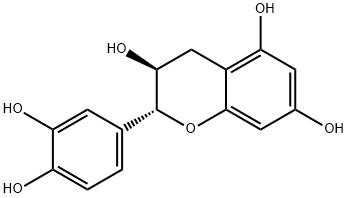

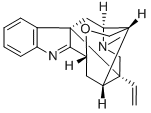
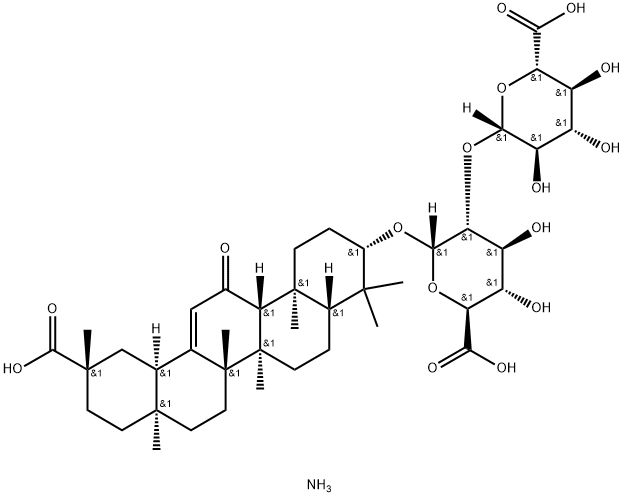
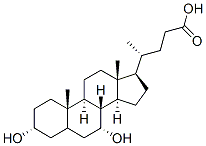



You may like
-
 2033-24-1 98%View Details
2033-24-1 98%View Details
2033-24-1 -
 42831-50-5 5-METHYLISOXAZOLE-4-CARBOXYLIC ACID 98%View Details
42831-50-5 5-METHYLISOXAZOLE-4-CARBOXYLIC ACID 98%View Details
42831-50-5 -
 1975-50-4 98%View Details
1975-50-4 98%View Details
1975-50-4 -
 2-HYDROXY BENZYL ALCOHOL 98%View Details
2-HYDROXY BENZYL ALCOHOL 98%View Details
90-01-7 -
 2-Chloro-1,3-Bis(Dimethylamino)Trimethinium Hexafluorophosphate 221615-75-4 98%View Details
2-Chloro-1,3-Bis(Dimethylamino)Trimethinium Hexafluorophosphate 221615-75-4 98%View Details
221615-75-4 -
 61397-56-6 CIS BROMO BENZOATE 98%View Details
61397-56-6 CIS BROMO BENZOATE 98%View Details
61397-56-6 -
 14714-50-2 (2-Hydroxyphenyl)acetonitrile 98+View Details
14714-50-2 (2-Hydroxyphenyl)acetonitrile 98+View Details
14714-50-2 -
 118753-70-1 98+View Details
118753-70-1 98+View Details
118753-70-1